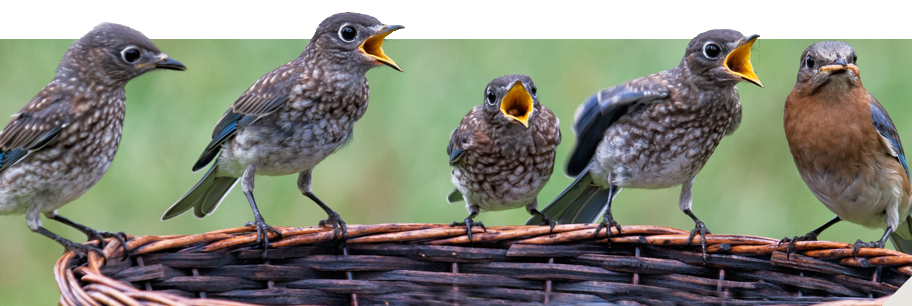 Photo ©
Glenda Simmons
Photo ©
Glenda Simmons
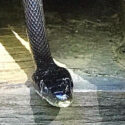
NestWatch Data Aid in Snake Study
The latest research paper to include NestWatch data is not your average avian study. Your data contributions were recently put to use in an examination of gray ratsnake climbing behavior. The study authors were interested in which factors correlate with ratsnake climbing forays, and they wondered if the timing of nests (and thus a seasonal abundance of eggs and nestlings) was an influence.
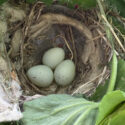
Cold Snaps and Heat Waves Create Challenges for Nesting Birds
Many songbirds are nesting earlier in spring because of warmer temperatures brought about by climate change. But the shift brings another danger that is especially deadly for nestlings: greater exposure to temperature variability in the form of cold snaps and heat waves. A new study from Cornell documents that such extremes result in more nest failures.
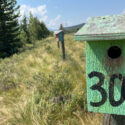
Survival of the Coolest Nests: Birds, Heat Waves, and Conservation in Working Landscapes
Researchers from the University of California, Davis recently investigated how heat waves impact the nesting success of numerous generalist bird species. They found that forests buffered nesting birds from the effects of extreme heat, whereas nests in open agricultural landscapes suffered a decline in survival. They offer tips for helping birds cope with climate change.
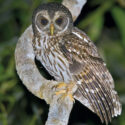
Repopulating Mottled Owls in Veracruz, Mexico
The Xalapa Wildlife Conservation Management Unit in Veracruz, Mexico, works to boost populations of Mottled Owls in urban green spaces. They are piloting a first-of-its-kind nest box program to help the owls find safe nesting spots in cities.
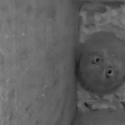
Using Wi-Fi Enabled Security Cameras for Nest Monitoring
With more people using Wi-Fi enabled security cams at home, we’re seeing an increase in their use for monitoring nests as well. These smart cameras integrate with apps on your phone to provide around-the-clock access to your favorite birds. NestWatch project leader Robyn Bailey and NestWatch chapter coordinator Ian Stewart share their experiences with two different camera styles. See what they learned, compare image quality samples, and share your own tips.
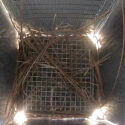
What Should You Do About Bird Blow Flies in the Nest?
Bird blowflies are an unwelcome blood-feeding parasite found in the nests of many species of birds. Their presence is often blamed for nestling deaths, but there is little scientific evidence that they commonly reduce nestling survival, suggesting that their harmful effects are below a lethal threshold. What—if anything—can or should we do about them when monitoring nest boxes?
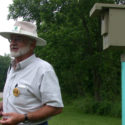
Preserving the Legacy of Mr. Dick Tuttle
In July 2022, Ohio lost a longtime champion of conservation. Mr. Dick Tuttle had been building, maintaining, and monitoring nest boxes for five decades in his community. Upon his death, friends rallied to digitize his nest box data and preserve his 53 years of nest records in perpetuity for NestWatch. This blog post honors his conservation legacy.
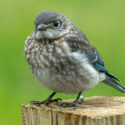
Staying Steady When Faced With Environmental Change
Researchers examined long-term demographic data from NestWatch to understand the degree to which certain species and populations might be correlated in their reproductive success. They used 21 years of NestWatch data and found little synchronization between Eastern Bluebirds and Carolina Chickadees, a result that might indicate these populations are resilient to environmental challenges.
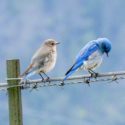
On Alert: Mountain Bluebird Conference Reveals Concern
The North American Bluebird Society recently convened a virtual conference to assess the status of the least-studied bluebird species—the Mountain Bluebird. Four panelists looked at trends and interacted with nest box stewards to try and understand what next steps would help address declines.
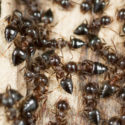
What Should You Do About Ants in Birds’ Nests?
NestWatchers occasionally encounter ants or their colonies in birds’ nests. What, if anything, should be done about them? The answer depends on whether the ants are predatory or not.